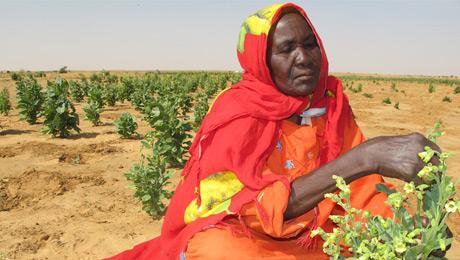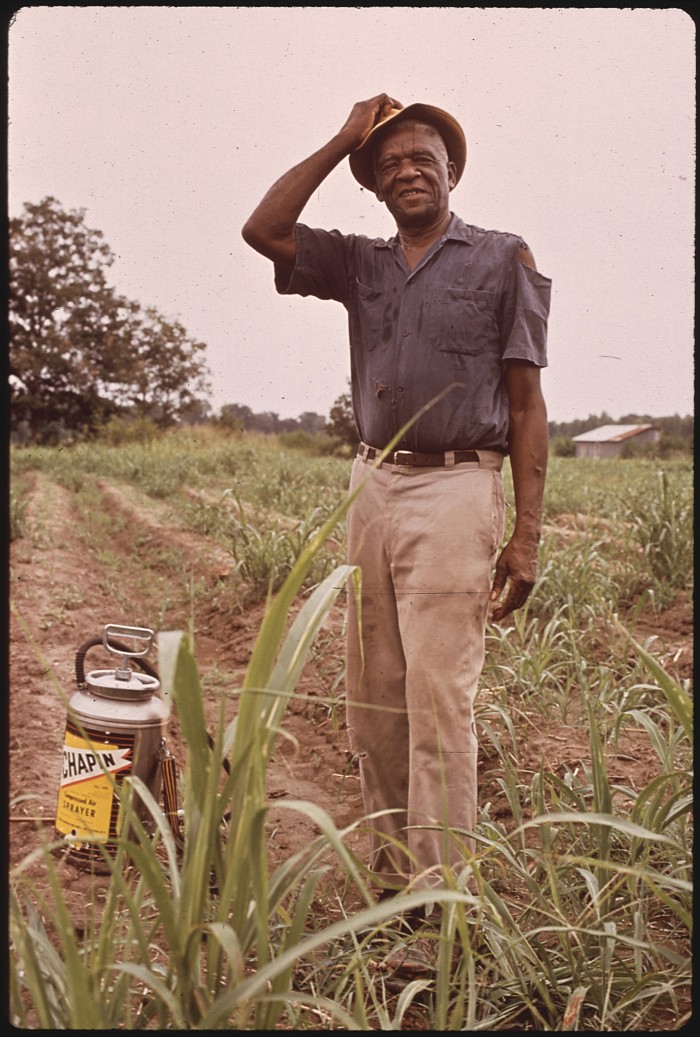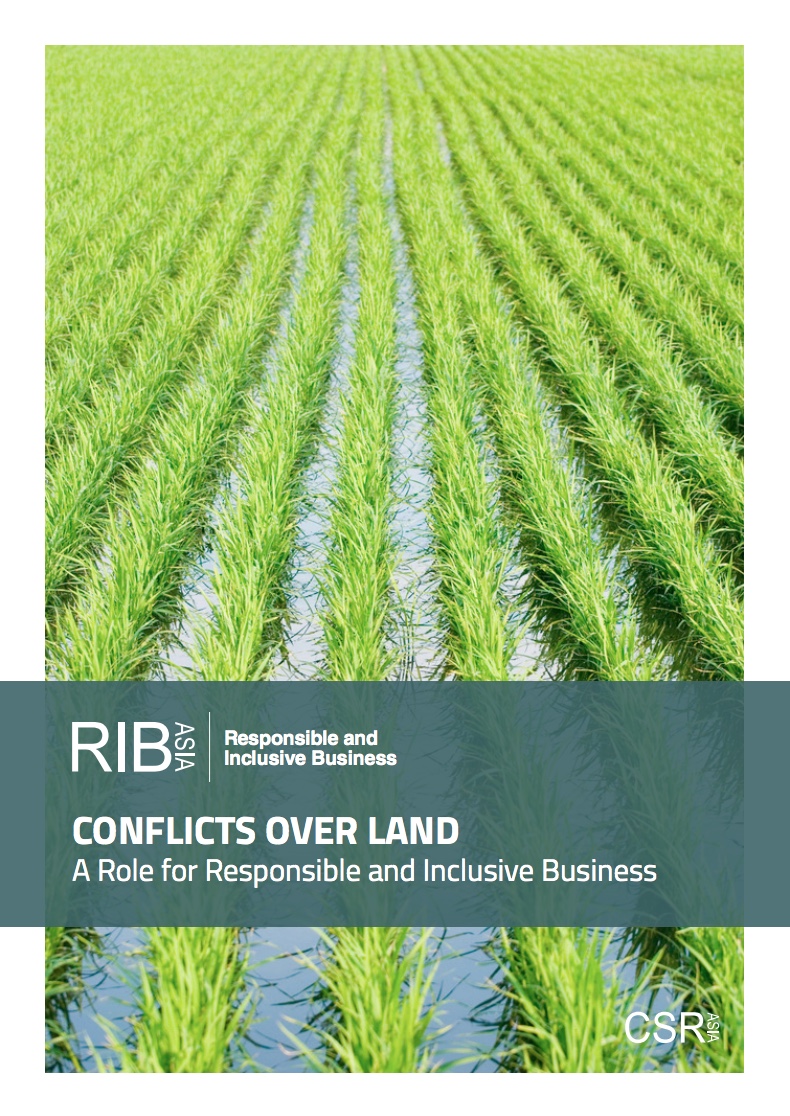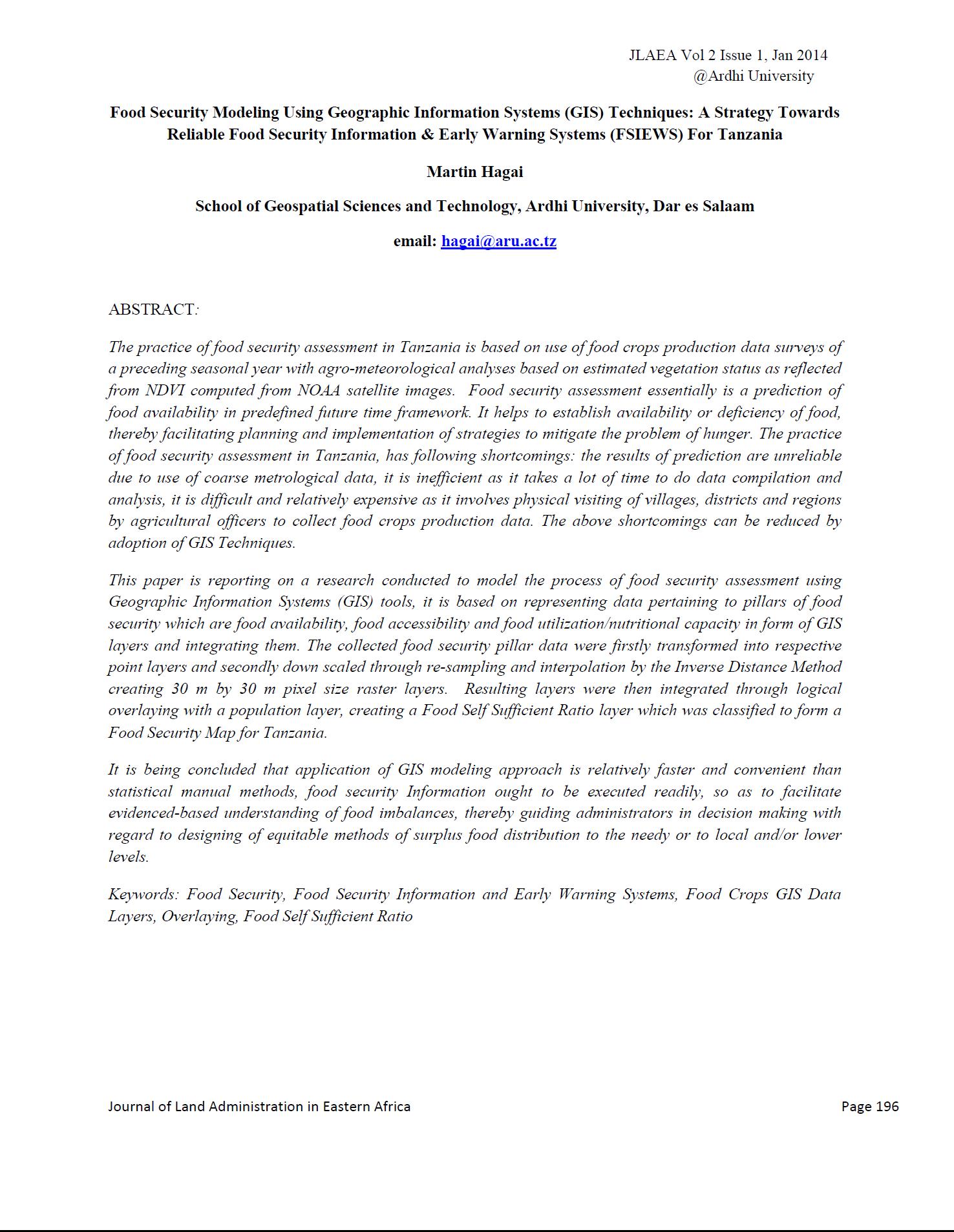Investing in Agribusiness : A Retrospective View of a Development Bank's Investments in Agribusiness in Africa and Southeast Asia and the Pacific
Recent increases in the prices of
agricultural commodities have spurred a surge of private
investment into farming and agribusiness. Given the right
types of large-scale investment, this can have a
transformative effect in underdeveloped rural areas and have
a positive effect on national economic development including
the provision of domestic food supply to urban areas that
can reduce dependence on food imports. This study analyzes










